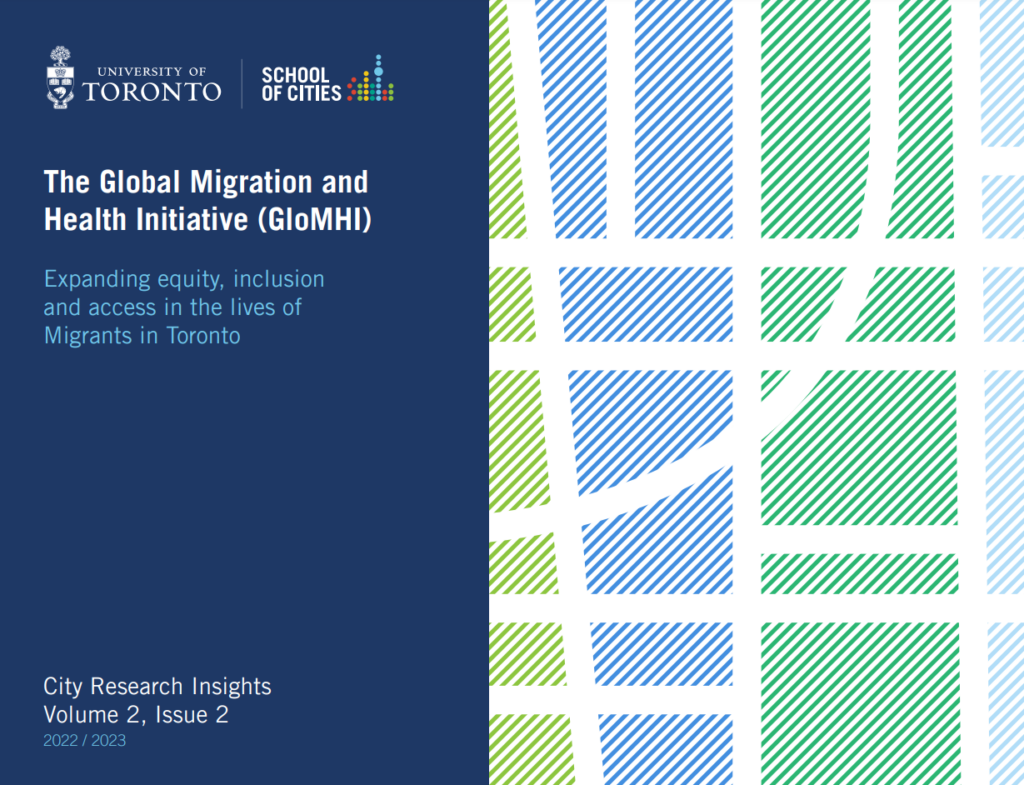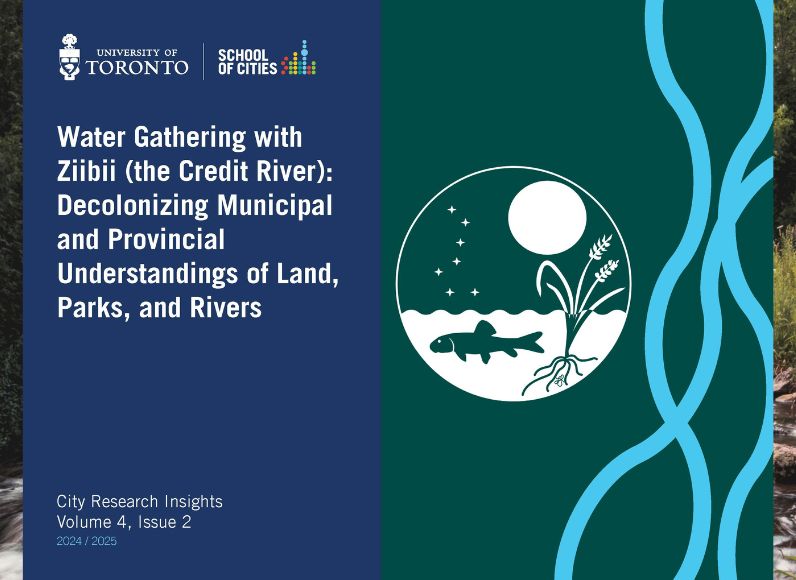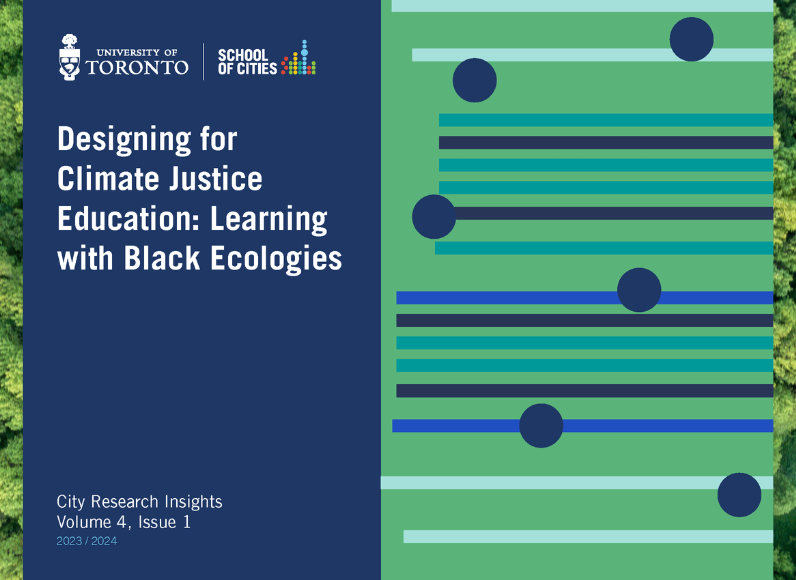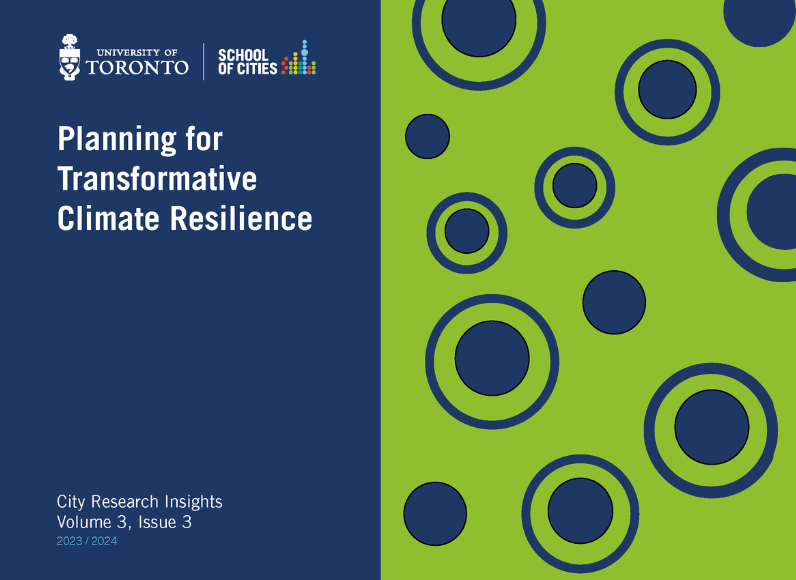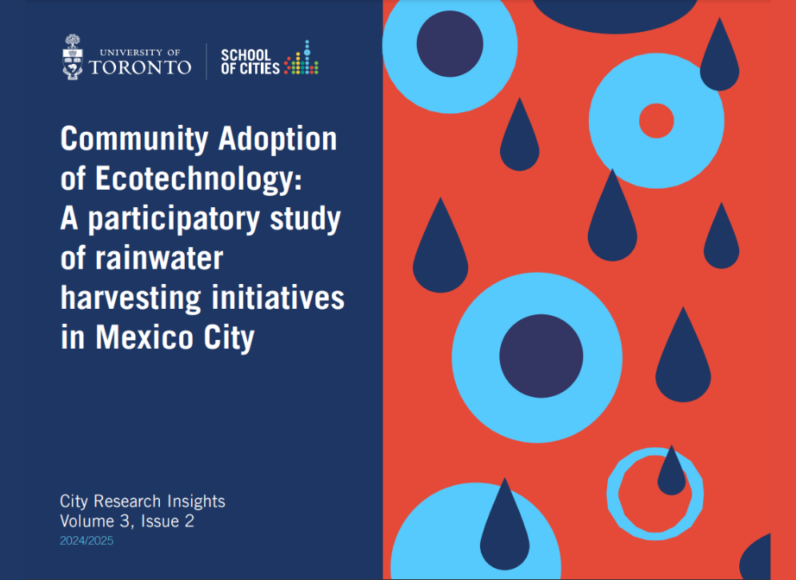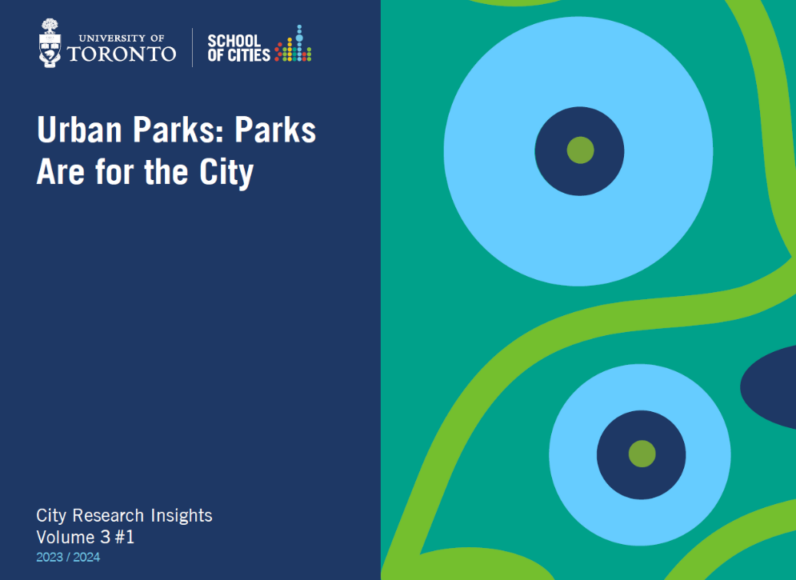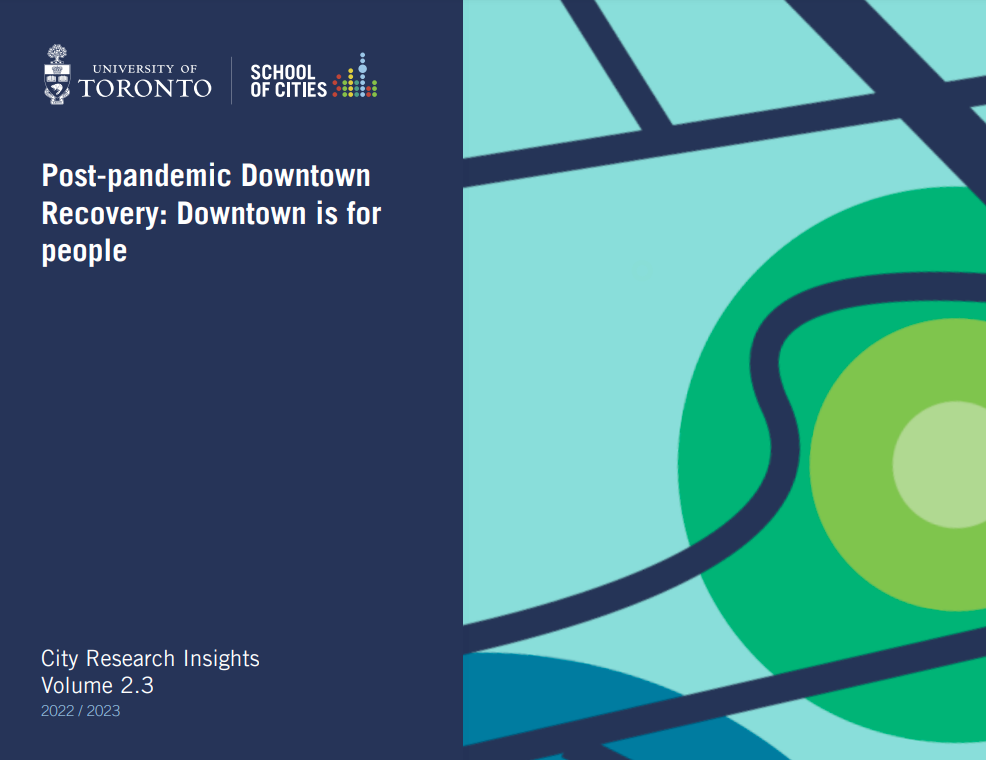Meet the experts behind this issue: Andrea A. Cortinois and Denise Gastaldo
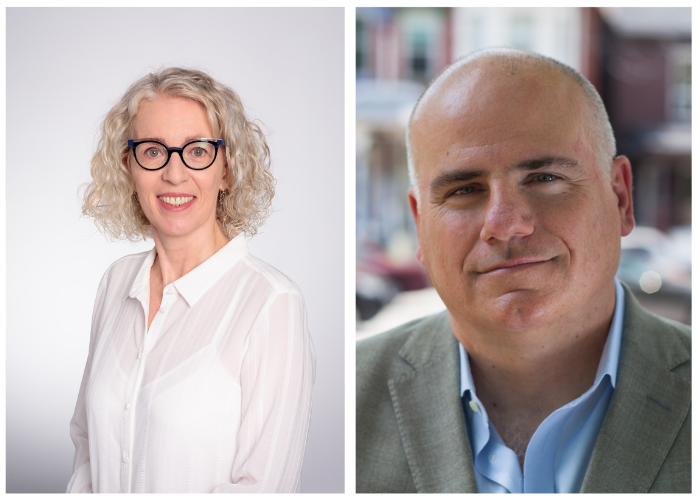
- Tell us about The Global Migration and Health Initiative (GloMHI) and your work with the network. What gap does GloMHI address, and what contribution has GloMHI made to the study of migration and health?
Andrea: When I joined the Dalla Lana School of Public Health in 2014, there was no course on migration. There also wasn’t a formal group of colleagues interested in migration. To have the largest school of public health in Canada in one of the most multicultural cities in the world without a set of activities focusing on migration surprised me. I knew a few people who were interested in the topic, including Denise and a few others, and I think GloMHI became an opportunity to have our own space of reflection and learning that was open to colleagues, and not necessarily just academic scholars within U of T. Now there are discussions at the University to create some sort of multidisciplinary home for all those who are interested in issues of migration. We had an event a year ago to start reflecting on this idea and we had about 100 people participating from all different units and faculties at U of T. GloMHI has remained as a parallel opportunity that gives us more freedom because it’s our own place. Most GloMHI members have EU citizenship and strong links to Europe, and we want to work in collaboration with colleagues who are not just based in North America.
Denise: The first thing we did when we started GloMHI – because several members of the network already had established community partnerships – is we went to our partners and asked what they wanted to study rather than setting the agenda. That’s how we generated new members, and also how the Trans Latinas project was created. It was the Centre for Spanish-Speaking People group that identified that there was no data available about how to help this specific group of immigrants in Toronto. We’re always trying to be responsive to community partners and their needs. The fact that we bring together a group of people who think about the phenomenon of immigration with that kind of responsiveness to community partners, that makes us unique.
- What are some key policy learnings about migration and/or migrants that come from your work with GloMHI?
Denise: If I could change one thing, I would want a clear pathway for those who fell out of status to have status. There is no mechanism in Canada nowadays for those who are currently living in Canada and working here and contributing to Canadian society but who don’t have a temporary work permit to get permanent residency. And I think this is the first thing we have to fix, immediately. Tomorrow. We have a million and a half people living here in this kind of political legal status limbo, and it’s very detrimental to their health and wellbeing. We should also be thinking about the effects of Canada bringing all these people from other parts of the world – because it’s like mining people. Canada has to take responsibility and engage with the countries of origin, and the consequences of our policies.
Andrea: We often talk about migration as caused by crises like natural disasters and climate change, and how we address that. The fundamental factor that results in migration and displacement is the normal, everyday working of our globalized economy, not crises. In lower-middle-income countries – the kinds of places where many people come from to Canada – people move to urban centres because they’re expelled from their traditional rural areas because of the workings of the agricultural industry, and also due to land grabbing. First there’s internal migration from rural to urban, and then international migration from urban to urban – it’s all connected – but we talk very little about why this happens. A lot gets lost and missed when we talk about migration, the connections between all these different processes including those related to global extractive capitalism and colonialism.
- What are the limitations or challenges of policy for making real change in the lives of migrants in Toronto?
Denise: Andrea and I are both a bit resistant to thinking about policy because policymakers and politicians don’t care about people without status because they don’t vote. They just care about citizens.
Andrea: Yes, I’m very skeptical about the emphasis on policies. Good policies are important, but too often things don’t happen because there is absolutely no interest by those who have the power to actually change policies, to make those changes happen. The problem is not that we don’t understand the issues, it’s about the unwillingness to see what we don’t want to see because there are very obvious interests when we talk about policy. We either talk about policies that play around the margins and change little things but don’t really change the fundament mechanisms related to power, or we talk about policies that will never happen. But we’ll never get real change unless the way our economy and systems of power change radically. Good policies should be the result of fundamental changes, they don’t produce fundamental changes.



